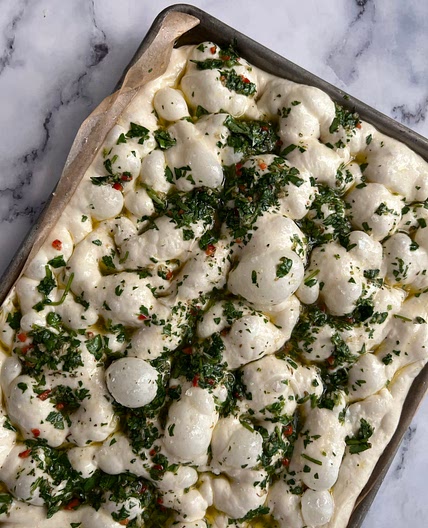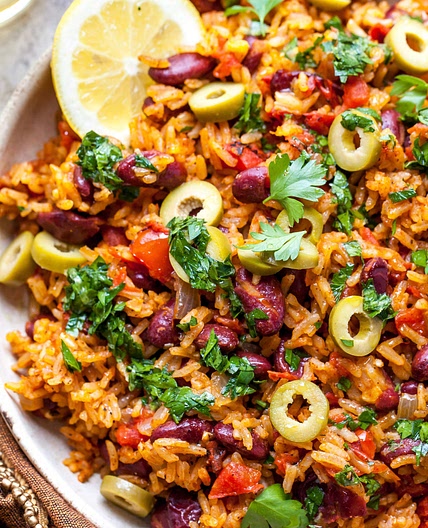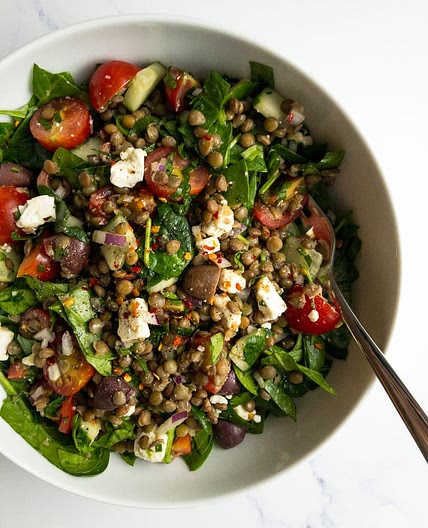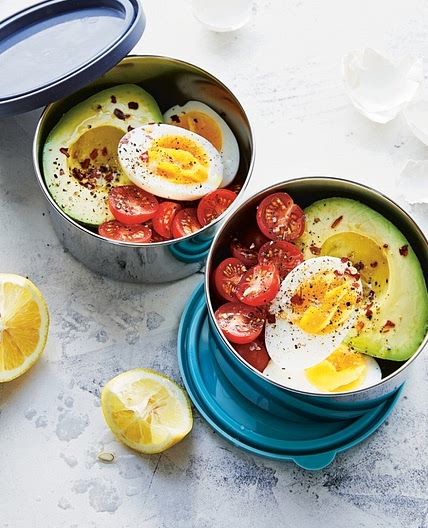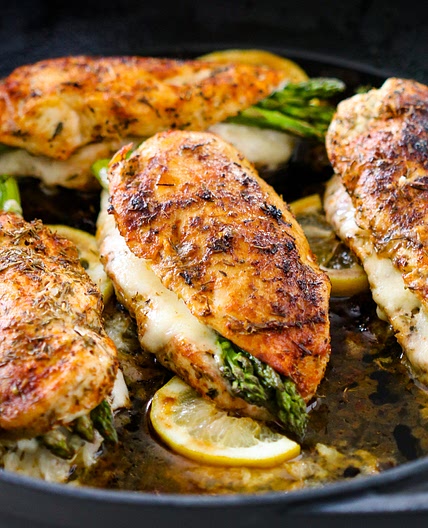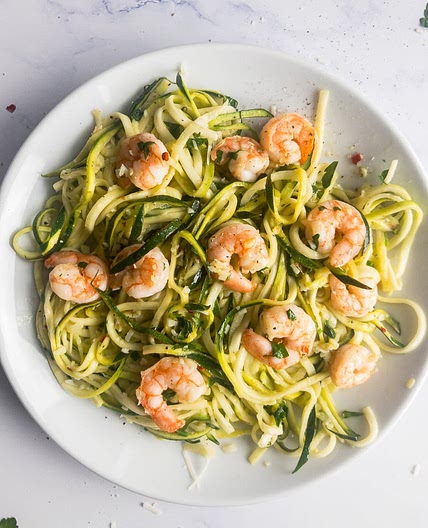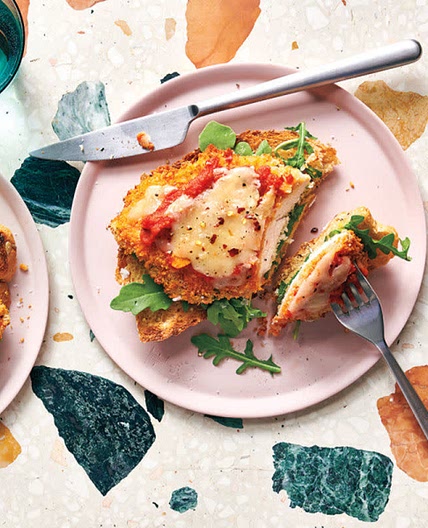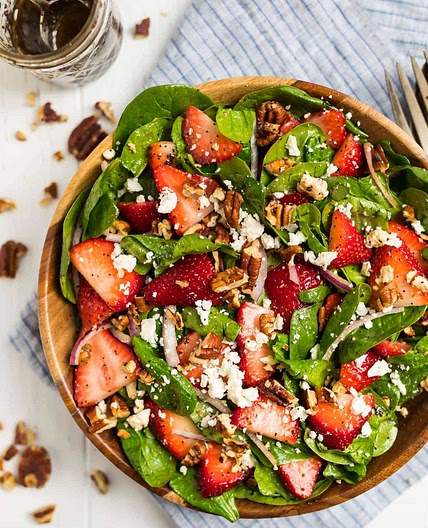Extra virgin olive oil
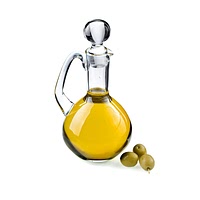 Pantry
PantryOlive oil is a key ingredient in cooking, from sauteing to roasting and so much more. It’s fairly likely you can walk into any kitchen and find a bottle of olive oil on the countertop or inside the pantry—and for good reason. This light golden liquid lends itself well to all kinds of dishes, from homemade vinaigrette dressing to roasted veggies and beyond. Olive oil is one of many cooking oils and comes in several varieties of its own. All olive oil is produced by pressing whole olives and extracting the oil, but some are refined further and others left unrefined. Unrefined olive oil is untreated and processed without chemicals or heat extraction. The olives are simply washed, pressed, filtered, and bottled. Unrefined or “extra virgin” olive oil, or EVOO for short, is the highest quality olive oil. Virgin olive oil has a golden or dark green hue and a rich, olive flavor. Refined olive oil, on the other hand, is extracted by use of chemicals or heat, leading to less nutrients and natural flavor in the finished product. Refined oil is frequently labeled as regular olive oil, pure olive oil, or light olive oil. It has a lighter color and a more neutral taste. One of the major differences between extra virgin olive oil and regular olive oil is their smoke point. Extra virgin olive oil has a smoke point of about 375°F making it best for dressings, drizzling over salads, or simply for dipping. Regular olive oil has a higher smoke point between 465 and 470°F which means it's a good option for sauteing, roasting, frying, and other cooking methods that require high heat. No matter which type of olive oil you choose, all olive oil is high in monounsaturated fat, making it an excellent choice for healthy cooking.
Extra virgin olive oil nutrition and vitamin info per 100g
| Energy | 884 | kcal |
| Total Fat | 100 | g |
| Carbohydrate Total | 0 | g |
| Sugars | 0 | g |
| Protein | 0 | g |
| Sodium | 2 | mg |
| Fiber | 0 | g |
10000+ recipes to cook with Extra virgin olive oil
Next PageExtra virgin olive oil substitutes
- Regular substitute
Extra virgin olive oil equivalents and varieties
Extra virgin olive oil cooking tips
 Samsung Food
Samsung FoodOil must be “cold” pressed and extracted without heat or chemicals to be considered extra virgin.
 Samsung Food
Samsung FoodAn excellent EVOO will have an FFA (free fatty acidity) of 0.2 percent or lower.
 Samsung Food
Samsung FoodHigh quality extra virgin olive oil should be grown, pressed and bottled in a single country.
